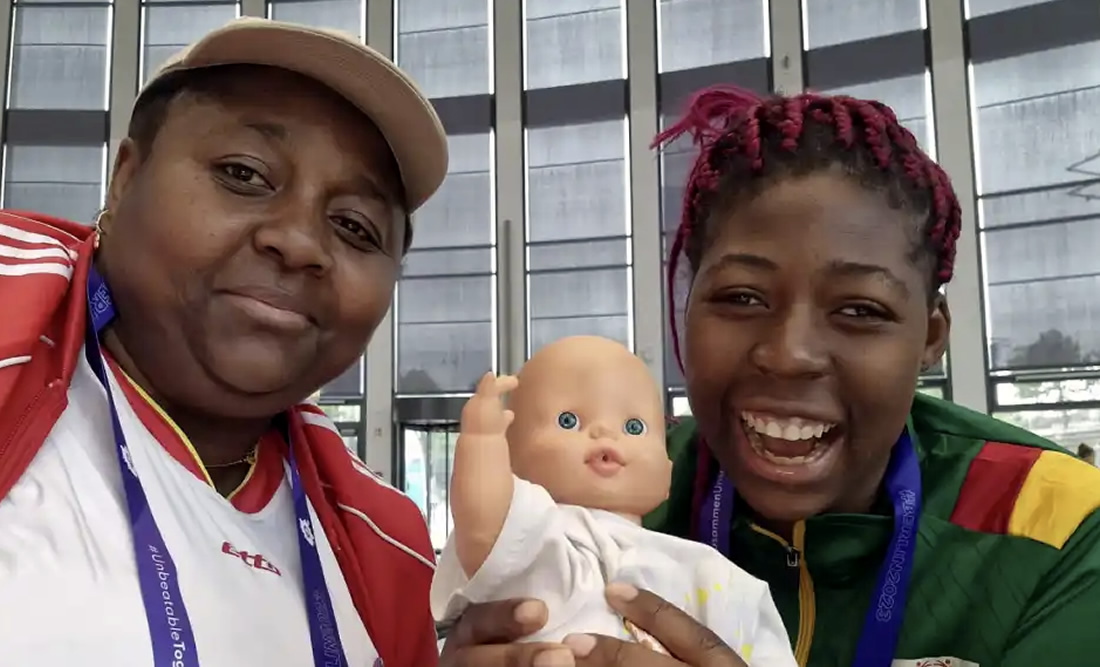Alima Ngoutme is the founder of the association Looking for Africa, dedicated to promoting the social inclusion of children with disabilities in Cameroon. Her motivation stemmed from personal experience with her daughter Lamina, who has autism. Ngoutme has faced cultural and social stigma in her country, where children with disabilities are often marginalised and often abandoned. Initially, she experienced deep social guilt for her daughter's disability, even within her own family, due to the prevailing belief that it was a divine punishment.
Realising the lack of medical and educational care in Cameroon, Ngoutme decided to emigrate to Spain in search of better opportunities for her daughter. Through an arduous journey, she crossed the desert and the Strait of Gibraltar to reach Ceuta, where she experienced a significant contrast in the social acceptance of children with disabilities, something unthinkable in her home country. However, upon arrival, he also had to face structural racism and a lack of support from Spanish organisations, which often do not allocate resources to local African initiatives.
With the creation of Looking for Africa, Ngoutme has made significant progress in education and support for children with disabilities, empowering mothers and sensitising society to the importance of inclusion. The association also fights against the shortage of medical and educational resources in Cameroon and advocates for the full integration of people with disabilities into society. Despite difficulties such as lack of institutional support and competition between organisations, the association continues to grow, providing education, psychological support and physical rehabilitation to the children it serves.
Elena García's interview with the founder of Mirando por África reflects the deep commitment of a mother who, despite the challenges, has fought tirelessly for the inclusion of children with disabilities in Cameroon and Central Africa. Through her story, a message of hope and struggle for human dignity, equality and mutual support is conveyed, especially among African women and women of African descent.
In the course of the conversation, the topics of great relevance such as the organisation's funding, the role of African women, racism and discrimination, social awareness and the vision for the future are discussed. This testimony highlights the struggle for inclusion, autonomy and respect for the rights of persons with disabilities, particularly in contexts where disability continues to face strong stigmatisation.
Read the full interview here.

Source: elsaltodiario.com 13/03/2025
